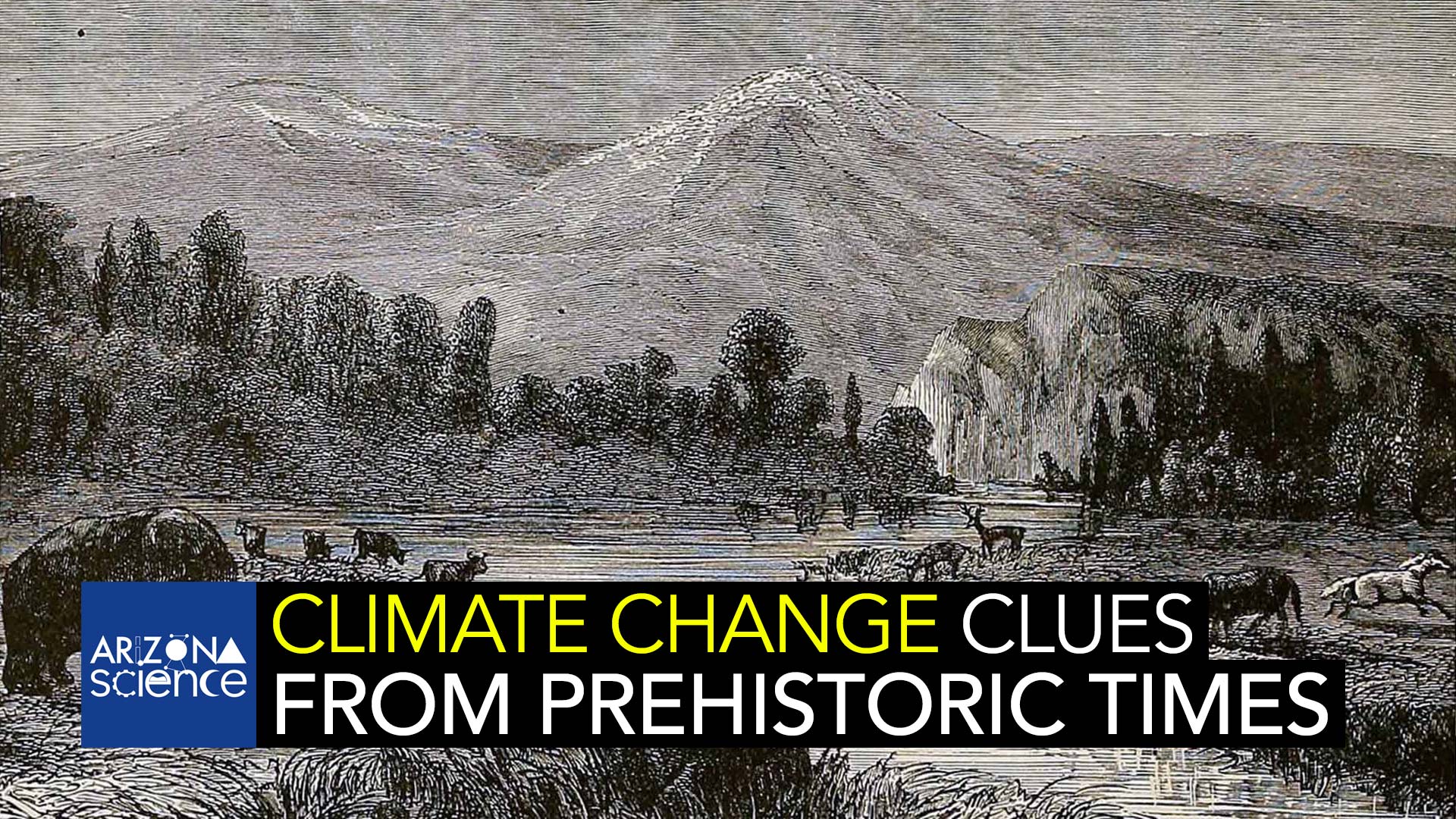 Landscape of the Pliocene Period, from Cyclopedia Universal History by John Clark Ridpath from 1895.
Landscape of the Pliocene Period, from Cyclopedia Universal History by John Clark Ridpath from 1895.
Ridpath, John Clark, 1840-1900
Researchers have found temperatures in the Pliocene period 2.5 million years ago are similar to those today, including carbon dioxide levels and warming sea water. University of Arizona geosciences professor Jessica Tierney is looking deeper into how conditions in prehistoric times are informing scientists predicting the impact of climate change.
Jessica Tierney spoke with Tim Swindle of the University of Arizona Lunar and Planetary Laboratory.
Catch Arizona Science each Friday during Science Friday on NPR 89.1. You can subscribe to our podcast on Apple Music, Spotify, Amazon Music, or the NPR App. See more from Arizona Science.
MORE: Arizona Science




By submitting your comments, you hereby give AZPM the right to post your comments and potentially use them in any other form of media operated by this institution.